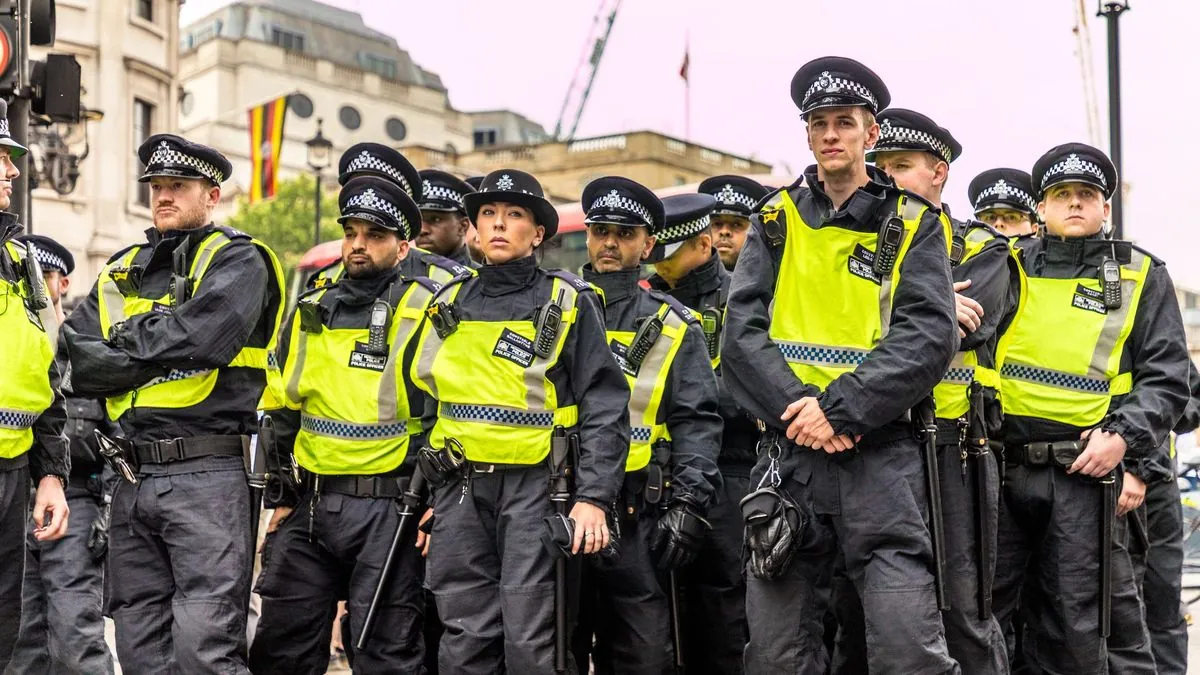
Recent data reveals that UK police forces are recording more non-crime hate incidents, despite guidance aimed at reducing such practices. This trend has sparked debates about free speech and the allocation of police resources.
In June 2023, Suella Braverman, then Home Secretary, introduced statutory guidance instructing police to log non-criminal hate incidents only when there was a serious risk of harm, not merely due to offense taken. This directive followed cases deemed "trivial," such as a man receiving a police file for whistling a children's show theme tune, perceived as racially motivated by a neighbor.
However, Freedom of Information requests covering 30 of the 43 police forces in England and Wales show a 0.4% increase in non-crime hate incident recordings, from 11,642 in the year to June 2023 to 11,690 in the following year. Some forces reported significant increases, including Staffordshire (140%), North Yorkshire (65%), and Gwent (63%).

Toby Young, general secretary of the Free Speech Union, expressed concern that the message about free speech interference hadn't reached some forces. He suggested this trend could impact efforts by current Home Secretary Yvette Cooper to strengthen hate crime laws addressing anti-Semitism and Islamophobia.
"I introduced the guidance to protect free speech and get the police to focus on the priorities of the British people. Yet some police forces ignored the guidance and have continued to use vital resources to excessively monitor free speech on social media."
The guidance followed a 2021 Court of Appeal ruling in favor of Harry Miller, a retired policeman who challenged the College of Policing's hate crime operational guidance. The court unanimously decided that the guidance unlawfully breached Miller's human rights and warned of a potential "chilling effect on public debate."
Miller, reflecting on a recent police force course on hate crime, noted that offensive comments were still being treated as non-crime hate incidents, despite not involving abuse or threats. He emphasized the need to return to fundamental principles of criminal law, stating, "A crime is when someone has a guilty action with a guilty mind without a defense. We have equated being offensive with being criminal."
The Home Office maintains that capturing data on non-crime hate incidents can be vital for preventing serious crimes. However, they acknowledge the need to balance hate prevention with the fundamental right to free speech and ensure efficient use of police resources.
This ongoing debate highlights the complex challenge of protecting individuals and communities from hate while preserving free expression. As the UK grapples with these issues, finding the right balance remains a critical concern for policymakers, law enforcement, and civil liberties advocates alike.
Despite guidance to reduce non-crime hate incident recordings, UK police forces report a slight increase. The trend raises concerns about free speech and resource allocation in law enforcement.